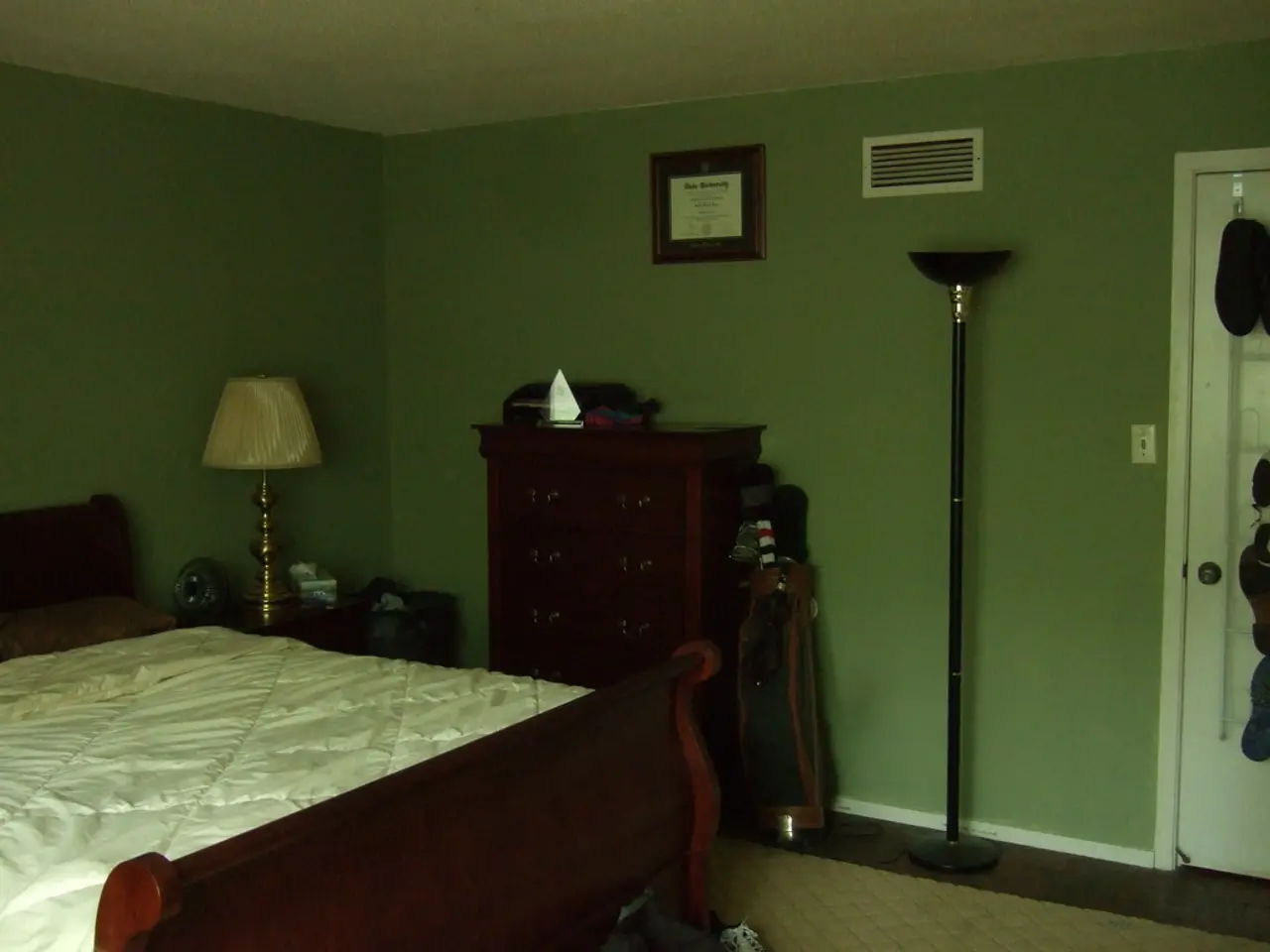Guide to Purchasing a Property in Dubai 2024: A Comprehensive Walkthrough
Navigating the process of buying a house in Dubai involves understanding the legal steps, property types available, financing options, and inspections involved. Here is a comprehensive guide based on up-to-date information:
### Legal Process
The legal process of buying a house in Dubai begins with determining the property type you want, such as apartments, villas, or penthouses, and searching for your options online or through real estate agents. After choosing a property, you enter into a sale and purchase agreement, which specifies the terms and conditions.
Essential documents include your valid passport, UAE residence visa or permit, the signed sale agreement, and a No Objection Certificate (NOC) from the developer or previous owner if buying secondary market property. If using an agent, a Power of Attorney is required. Mortgage pre-approval is necessary before signing the sale agreement if financing via mortgage.
The transaction is registered with the Dubai Land Department (DLD). This involves identity confirmation via video conference by DLD, payment of down payment and fees into an escrow account, and finally issuance of the Title Deed which confirms ownership. Expect to pay a 25% minimum down payment on the property price, property registration fees, brokerage commissions, and other applicable charges.
### Property Types
Dubai offers various property types, including Freehold Property, Leasehold Property, and Off-Plan Properties. Freehold Property, most desirable for foreigners, allows complete ownership rights. This category includes apartments, villas, and land plots in designated freehold areas. Leasehold Property allows foreigners to lease property for a fixed period (commonly 99 years) but does not offer ownership of the land. Off-Plan Properties are buying properties under construction from developers, often requiring upfront payment or staged payments via payment plans.
### Financing Options
Many banks and developers offer mortgage options to expatriates. Mortgage approval must be obtained before finalizing purchase agreements. Transferring mortgages between financiers is possible with a No Objection Certificate from the bank. Leading developers provide payment plans such as 30/70, 40/60, or 60/40 installments spread over 3 to 5 years, making home buying more accessible without immediate full payment.
### Inspections and Due Diligence
While detailed inspection requirements are not extensively covered, buyers should verify the property's legal status and ensure no outstanding dues via the NOC. Engage survey companies approved by DLD for any structural or engineering surveys if applicable (especially for villas and buildings requiring title issuance). Review developer credentials and building approvals. Request recent rental data or projected return on investment if buying for investment purposes to evaluate property value and yield.
In conclusion, buying property in Dubai involves a clear sequence of legal documentation, payment through escrow, and registration with the Dubai Land Department, with multiple financing options including mortgages and developer plans. Understanding property types and conducting due diligence through inspections or approvals helps secure a smooth transaction. Researching the taxes and fees that apply to the area of acquiring a property and budgeting for these costs is necessary. It is essential to do detailed research and seek professional guidance when choosing an off-plan property to invest in. A realistic budget is necessary when buying a house in Dubai, including additional fees such as transfer charges, real estate professional commissions, and maintenance costs. Dubai does not have personal, corporate, or income tax, but buyers are responsible for various fees and charges. Real estate agents and developers play a crucial role in the commercial real estate market in Dubai, offering exclusive listings and professional guidance. Location is crucial when buying a house in Dubai, with each neighborhood offering a unique style and lifestyle. The Dubai Land Department oversees all real estate transactions, and strict regulations are in place to protect both buyers and sellers. Buying a house in Dubai requires precise planning, necessary investigations, and advice to make it a successful investment.
When buying a house in Dubai, it's crucial to consider various lifestyle options offered by property types available, such as apartments, villas, or penthouses. After finding your desired home, you might need to secure financing through mortgage options from banks or developers, which should be obtained before finalizing the purchase agreement.
While navigating the home-and-garden sector in Dubai, it's essential to understand that while both Freehold Property and Leasehold Property have their advantages, real-estate investing can extend to Off-Plan Properties, requiring careful evaluation of the project's developer credentials, building approvals, and financial implications. To ensure a smooth transaction, conducting due diligence through inspections, verifying the property's legal status, and researching the tax implications are essential steps.




